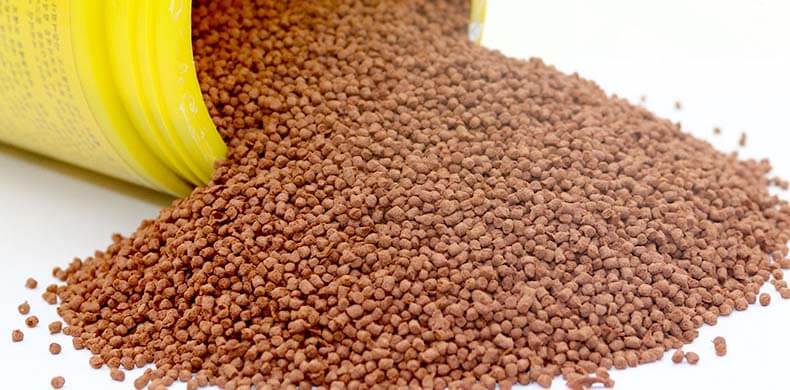To encourage local fish production, some farmers in Lagos State have urged the Federal Government to subsidise the cost of fish feed.
The farmers said they could not compete favourably with their foreign counterparts due to high cost of feed, which, they claimed, gulps about 75 per cent of production cost.
According to them, high cost of quality feeds have made them to use low quality ones.
The national president, Tilapia Developers Association of Nigeria, Mr. Remi Ahmed, lamented that local feed producers were not using the right ingredients.
This negatively affects the taste and growth of fish, especially catfish, he added.
“Catfish is mostly affected by this development; most local feed producers are not using quality ingredients.
“Fish farmers do not have a choice; because of the high cost feed, they tend to minimise production cost by using locally-produced feeds.
“Fish feed takes about 75 per cent of fish production cost; how many farmers can cope with that? It will be difficult,” he said.
Mr. Tola Benson, a catfish farmer in Ikorodu, Lagos, said that substandard fish feed had affected the quality and growth of fish produced locally.
Benson said: “We have been having issues of rejection from the international market because of the standard of our fish.
“We need to ensure that good agricultural practices are maintained by providing quality fish feed at a price that will be beneficial to the farmers.
“In other climes, governments subsidise the production process of fish; that is why they are usually cheaper, even when imported to Nigeria.
“We want to urge the Federal Government to look into production of quality but subsidised fish feeds, to reduce the cost of fish,” Benson said.
Mrs. Dolapo Ezekiel, also a fish farmer in Ikorodu, was equally worried that high price of feed was raising the price of the product.
Lamenting that she sold fish at a price lower than the production cost, Mrs. Ezekiel appealed to the Federal Government to intervene.
Get real time update about this post categories directly on your device, subscribe now.



